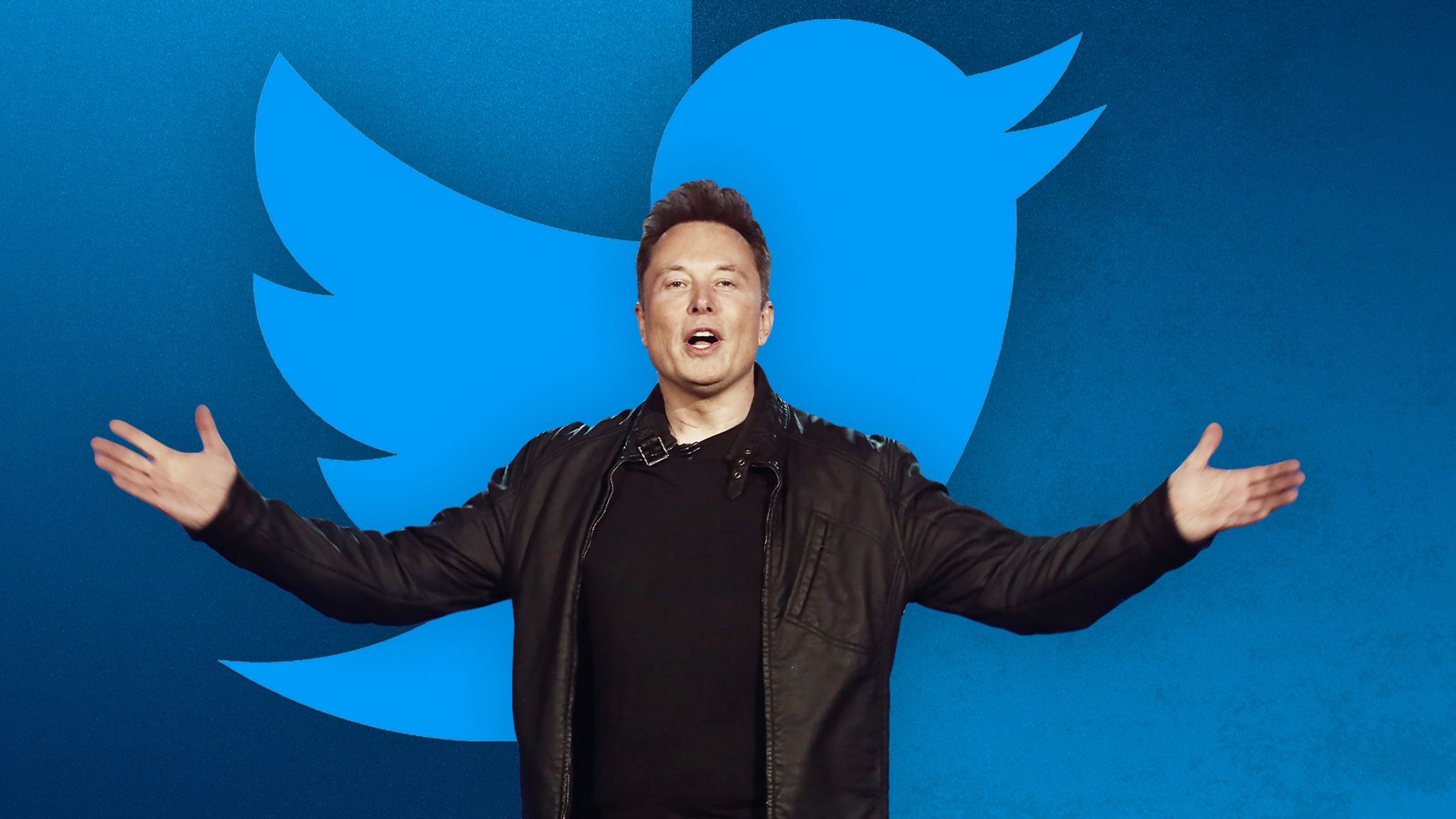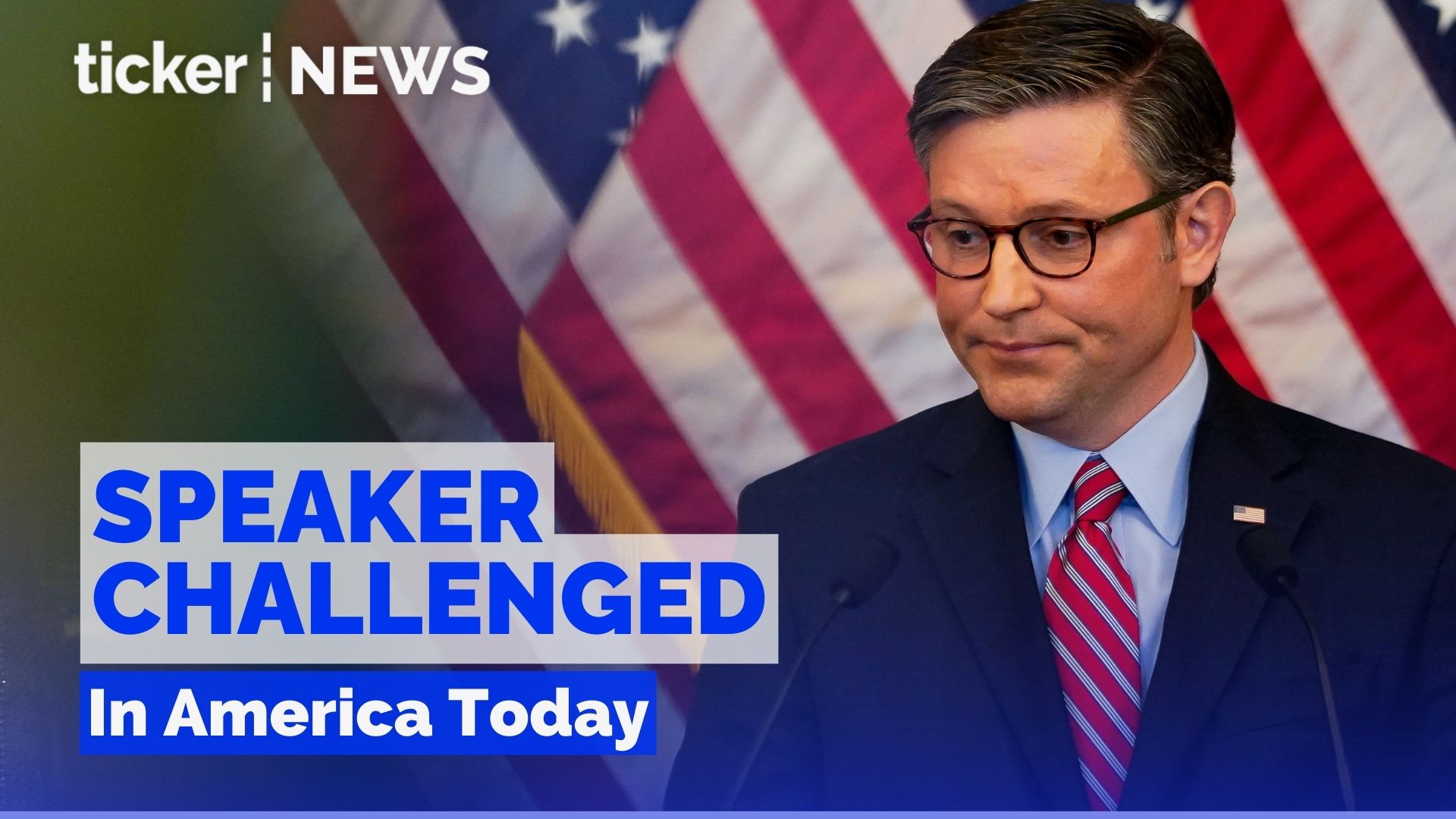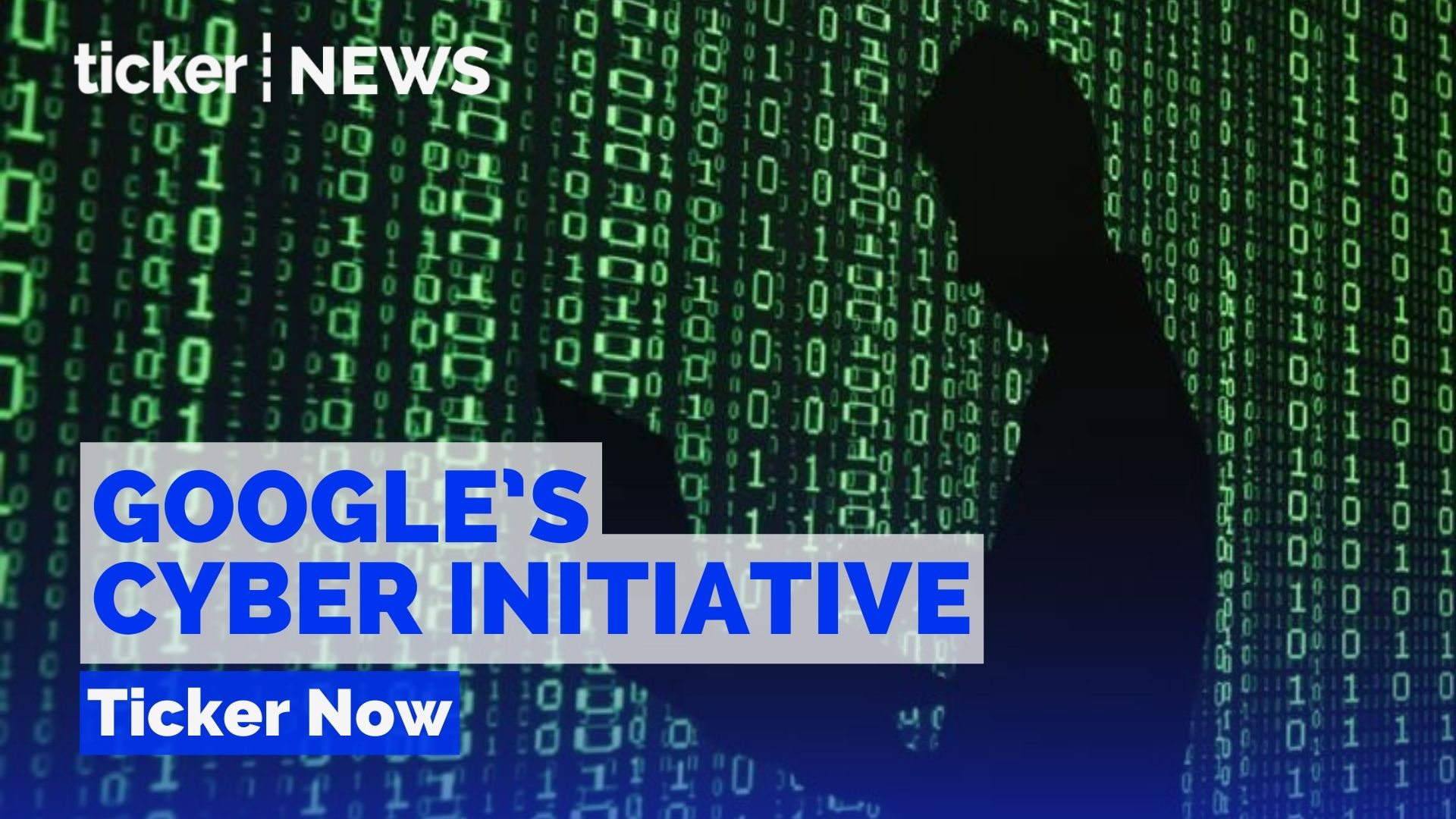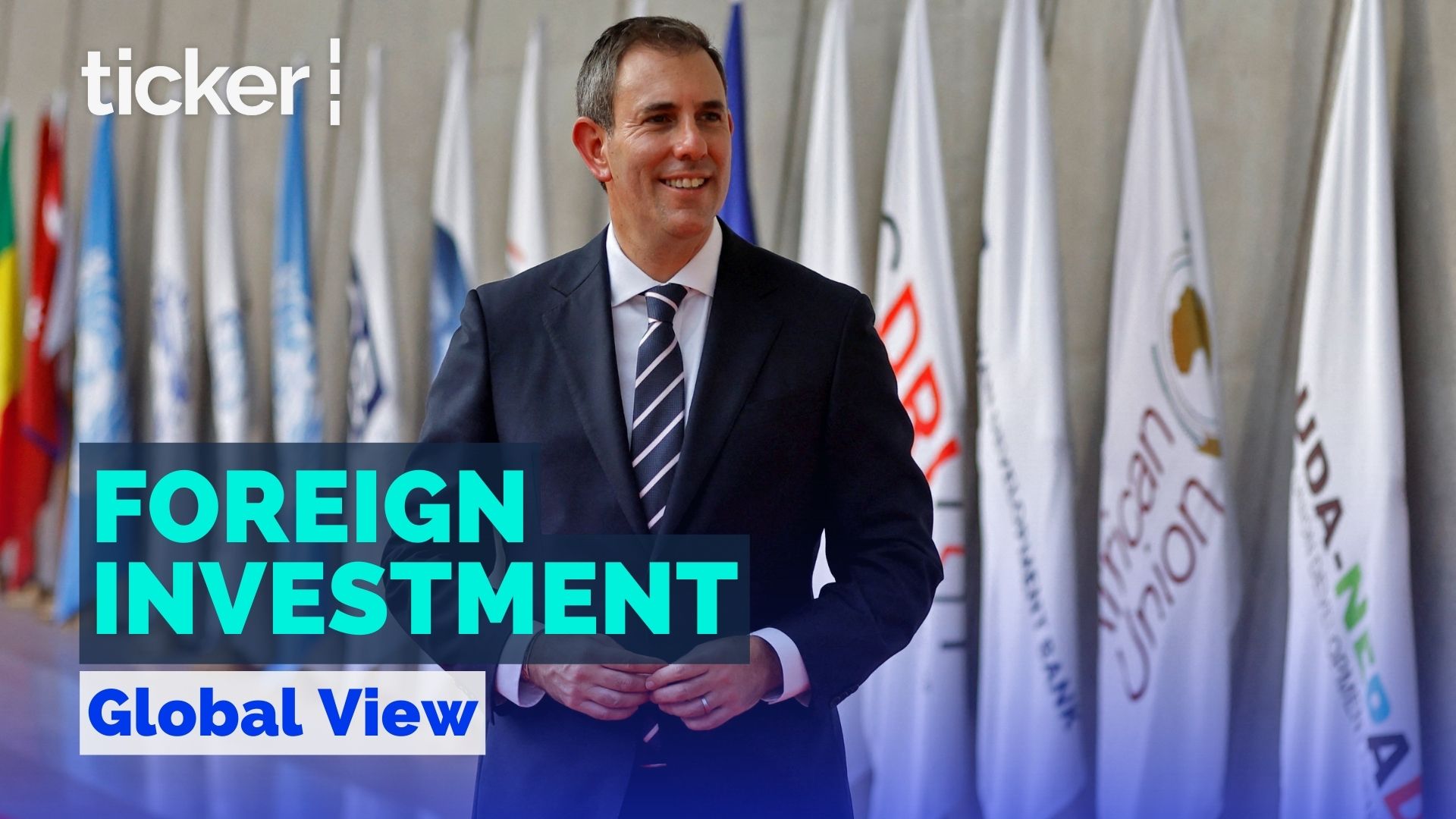Elon Musk made a significant move earlier this week by rebranding Twitter as “X,” a strategic step towards transforming the social media platform into an all-encompassing super-app.
Musk is drawing inspiration from the immensely popular Chinese mega app, WeChat. Musk acquired Twitter for a staggering $44 billion last year and has since expressed his ambition to expand the platform into something much larger.
WeChat, launched in 2011 by Chinese tech giant Tencent, has become an integral part of China’s digital landscape, with nearly all of its 1.4 billion people using it.
WeChat is far more than just a messaging app; it can be best described as a “super-app” as it offers a diverse array of services, including messaging, voice and video calling, social media, food delivery, mobile payments, gaming, news, and even dating.
Ultimate connectivity
The app seamlessly combines the functionalities of WhatsApp, Facebook, Apple Pay, Uber, Amazon, Tinder, and much more, making it indispensable in the daily lives of Chinese citizens.
Mr. Musk has expressed admiration for WeChat’s comprehensive approach and aspires to achieve similar success by expanding Twitter’s capabilities.
In his recent post on “X,” Musk outlined plans to integrate comprehensive communication features and enable users to manage their entire financial world through the platform. This move is expected to boost revenue for Twitter, which has experienced a significant drop in advertising revenue since Musk’s acquisition, leaving the company burdened with substantial debt.
The transformation of Twitter into “X” aims to emulate WeChat’s seamless integration of various services, creating a one-stop destination for users’ communication and financial needs.
By offering a wide range of features, X aims to become an indispensable part of users’ lives, much like WeChat has become in China. The ultimate goal for Musk is to replicate WeChat’s immense popularity and intertwine “X” into the fabric of society, making it an indispensable and ubiquitous platform for people around the world.



 Leaders19 hours ago
Leaders19 hours ago


 Shows3 days ago
Shows3 days ago


 Leaders3 days ago
Leaders3 days ago


 Leaders3 days ago
Leaders3 days ago


 News3 days ago
News3 days ago


 Leaders3 days ago
Leaders3 days ago


 Money21 hours ago
Money21 hours ago


 News21 hours ago
News21 hours ago





